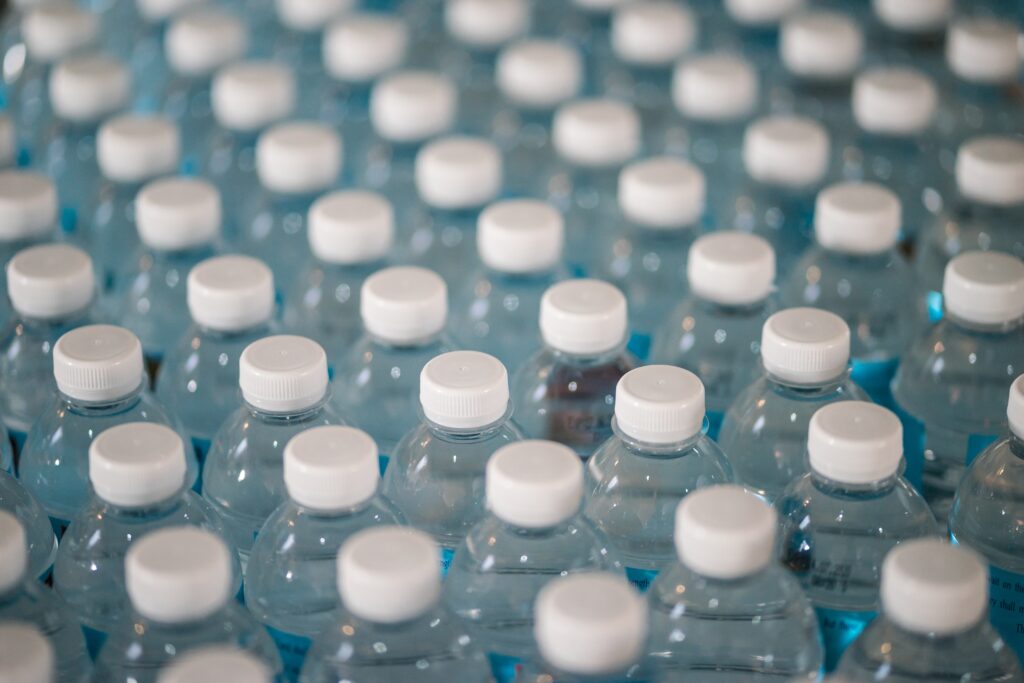This post was written by Cody Semmelrock ’20. Connect with him on LinkedIn.
Plastic.
Understandably, this word has been vilified as it becomes more and more apparent how its mismanagement may define our generation. It is painfully clear how damaging this resource can be in the natural ecosystem. As such, I won’t spend much time on that discussion. Instead, I would like to offer up a different take – one that embraces the word. These synthetic materials boast a tremendously impressive and valuable quality; they all are plastic in nature because they are easily shaped or molded. From a manufacturing standpoint, they are highly adaptive and can be purposed and repurposed to serve different needs under different conditions. Although some promising programs are beginning to emerge, on the whole, the industry’s management of recapturing the value of their product has not looked for inspiration in the product’s defining adaptable nature, and has instead practiced the status quo for far too long.

As I reflect on the first few months in The Sustainable Innovation MBA program, it is hard for me to shake the word. Initially, I felt like I shouldn’t acknowledge my work history that I shouldn’t talk about plastic production in a sustainability program unless I had to. I quickly realized this was the wrong approach. My work background includes project development, management and sales of plastic packaging. My job was to develop and create products that don’t have adequate or appropriate disposal methods. Many single-use medical device packages inevitably would end up thrown away and/or incinerated. The “Take, Make, Waste” model was, and still is, being practiced. Movement away from this model is on the rise and conversations centered on a circular economy are materializing. When I think of the greatest take away of this program so far, I can’t help but think to the adaptability I have been forced to hone, how essential it is for my own career and how this level of adaptability will need to be utilized for a successful transition within the plastics industry.
These past few months have been truly transformative. Like many, I decided to pursue an MBA for a variety of reasons. I was looking to outfit myself with a “toolkit” comprised of a variety of skills that would help bolster my career while simultaneously setting a foundation for using business as a vehicle for substantive social change. Ultimately, I was seeking to better understand financial statements, canvass business strategy and evaluate the feasibility of my own crazy business ideas. For the purpose of strengthening my resume and making myself more marketable, I understood these skills to be most critical. It has become apparent, however that my ability to adapt, to be reshaped according to new conditions and embrace plasticity in my career approach and personal development has been my greatest take away of the program thus far.
My education in adaptation started the first day of orientation. Transitioning back to life as a full-time student after a five-year academic reprieve did not occur overnight. It was difficult and it was exhausting, but innate in the program’s structure were lessons I can reflect on as defining moments which have made me a more adaptable student, employee and citizen.
Prior to starting in the program, I would have incorrectly identified myself as being adaptable. I would have cited some lesson learned on the mini-tour golf circuit about how important it is to approach novel problems (like sitting 40 yards off the fairway with the pin nowhere in sight) with calm, optimism and creativity. The primary distinction between this example and the adaptability required in SI-MBA and moving forward toward a more sustainable future is the notion of playing with others.
Within an intimately sized cohort of 30, we are assigned to module learning teams. Groups of 3-4 students are hand selected to build diverse groups in an effort to reflect real world working environments and prove that highly diverse groups are more likely to solve increasingly complex problems than their more uniform counterparts. We then tackle assignments in every class together. This team experience inevitably differs for everyone but illustrated to me areas where I should improve, be more flexible and help encourage others development.
Without a thorough understanding and appreciation of this soft skill, hope for a more sustainable future seems bleak. Across every industry and profession, a need for highly adaptable individuals will exist and SI-MBA has uniquely outfitted myself and my fellow cohort members with a distinct ability to roll up our sleeves and roll with the punches. I am confident this lesson in adaptability will serve us well as we venture beyond the classroom and face many of the same problems that drew us to the program a few short months ago.
